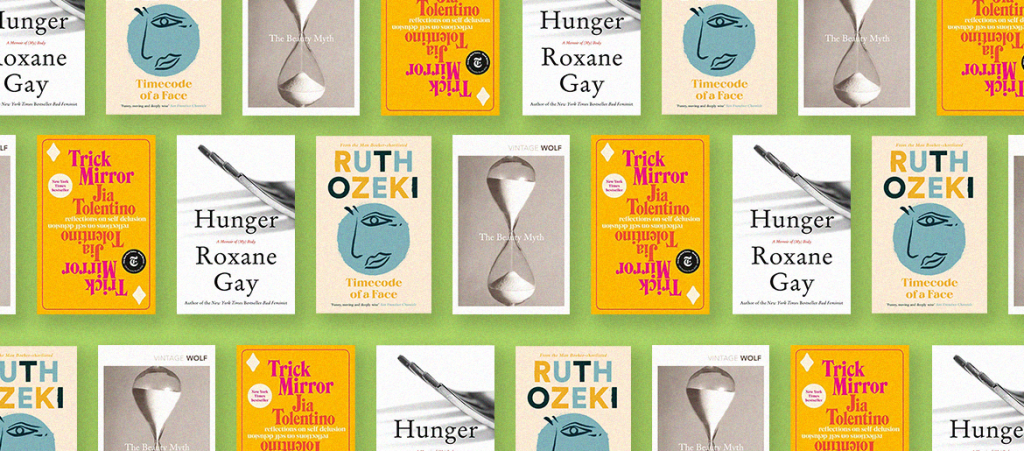
It’s time to deconstruct the way we understand beauty. Can it really be a source of power, or privilege? Or are beauty standards – even the ones we choose and enjoy – simply a tool of the patriarchy, used to keep us down? This is arguably one of the most important and challenging topics for young people (women especially) to digest. We’ve got a reading list to help you on your way!
The books below aren’t about what beauty ‘looks like’ — the estheticians and influencers on social media have that well and truly covered. Instead, these works from formidable writers unpack what ‘beauty’ as a concept really means, how we experience it, and how it hurts.
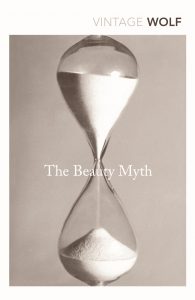
The Beauty Myth by Naomi Wolf
This iconic book from 1990 should be required reading for all women. Naomi Wolf explores the history and tyranny of the beauty myth, as well as the repressive hold it has in literature and the media, at work and at home. She addresses the beauty business and its advertising, revealing the causes of why we women are so consumed by this toxic fixation.
A word of warning: The book is definitely a product of its time, and is far from intersectional. And more recently, Wolf shared some other, more questionable beliefs… But these do not detract from The Beauty Myth‘s standing as a foundational feminist text. By the end, it will have given you the language to explain the fear and anxiety that constantly surrounds women’s lives, driven by the cult of beauty that now rules our culture. Get a copy here.
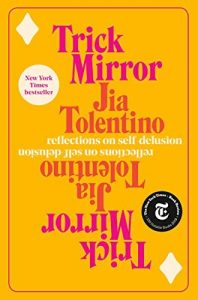
Trick Mirror by Jia Tolentino
A collection of essays that tackle everything from the love-hate relationship with reality TV casting standards, ecstasy derived from both drugs and religion, to total self-delusion. Tolentino questions why we as women are always ‘self-optimising’, calling into question every pilates class you’ve attended and sad desk salad you ever ate. Trick Mirror is a book about the incentives that shape us, and how hard it is to see ourselves clearly through a culture that revolves around the self.
The essays are easy to read and will leave you feeling both heard, challenged and ready to re-evaluate the narratives you tell yourself about who you ‘should’ be. Get a copy here.
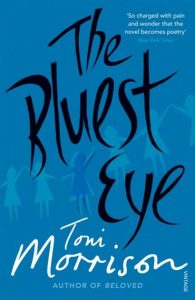
The Bluest Eye by Toni Morrison
Need to heal your inner-child? Please, read this. In the legendary Morrison’s debut book, 11-year-old Pecola is a black girl growing up in 1940s America, a society that worships blond hair and blue eyes (not so different from today, really). As many women of colour have done at some point, she wishes she could be ‘beautiful’ and that her life and race could be different.
Morrison’s work reveals how race factors into identity, and how internalising racism can distort one’s self-perception. It forces you to who gets labelled ‘ugly’? And why is ugliness considered a moral failing? Get a copy here.
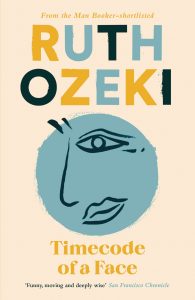
Timecode of a Face by Ruth Ozeki
The premise of Timecode of a Face is a somewhat confronting experiment: stare at your own face for three hours, non-stop. That’s exactly what author Ruth Ozeki does, resulting in a kind-of memoir as she shares the thoughts and ruminations of her mind while watching her own face.
Ozeki uses the experiment to reflect on how her face has shaped and been shaped by her life. She is a is a Zen Buddhist priest, and intertwines her own personal history and experience with Zen philosophy, Japanese culture to tell the story of her beauty. Get a copy here.

Beauty by Christina Chiu
Beauty follows Amy Wong, an up-and coming Chinese American designer trying to build her career in the fashion industry. As she navigates the notoriously harsh industry she is faced with challenging life circumstances very similar to the ones women face in the real world — chauvinism, prejudice, marriage, motherhood — resulting in a deep loss of self.
The novel spans Amy’s entire life, so readers are able to see her ideas on beauty, family, race and power evolve as she grows older. The tension between how older and younger generations of women interpret ‘freedom’ builds to a powerful and optimistic ending. Get a copy here.
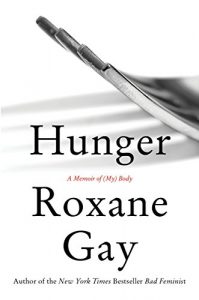
Hunger: A Memoir of (My) Body by Roxane Gay
A confronting memoir tackling food, weight, self-image, and learning how to feed your hunger while taking care of yourself. Is it possible to accept your body for what it has endure, and still desire to change it?
Hunger builds on Roxane Gay’s previous works about feminism, women’s bodies, and rape culture, illustrate her own complicated efforts to face her body. She graciously uses her own emotional and psychological struggles to help us explore our shared anxieties over pleasure, consumption, appearance, and health. In the pandemic era her musings on the connection between health and worth could not be more relevant. Get a copy here.

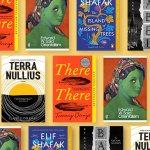
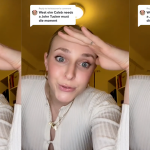

Comments are closed.